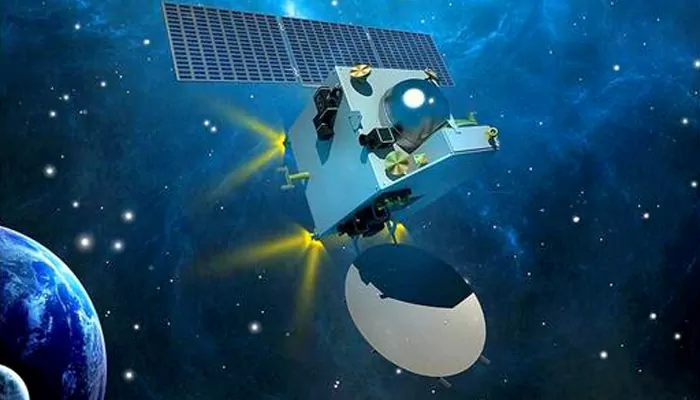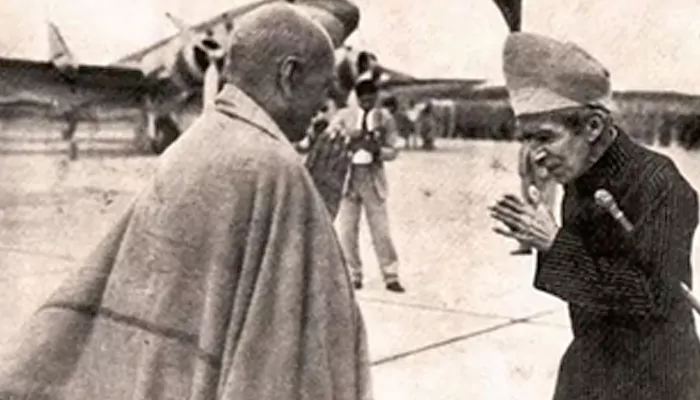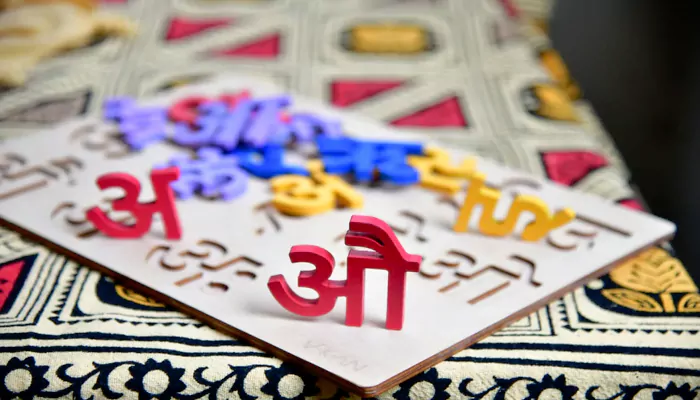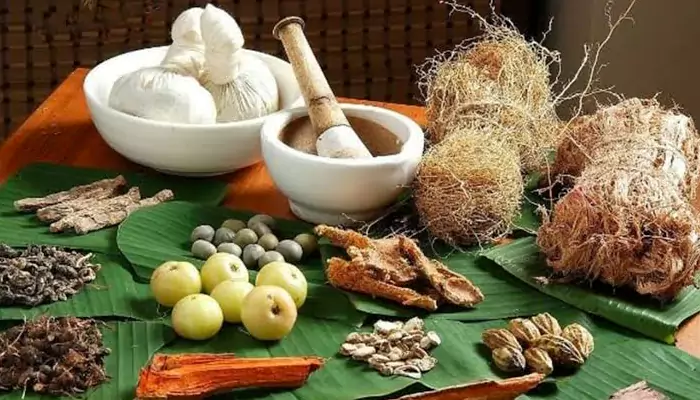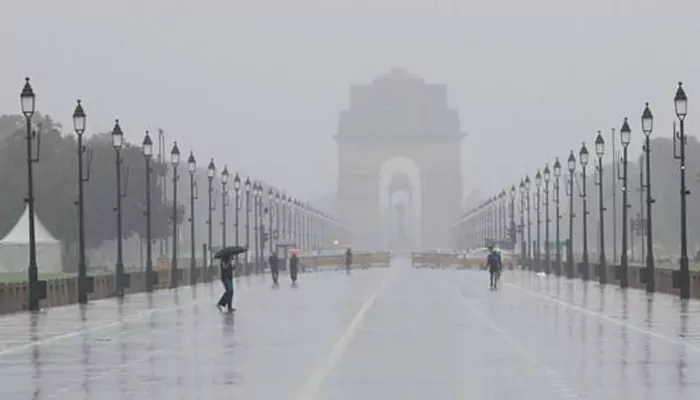Sardar Vallabhbhai Patel’s Birthday Is a Reminder That India’s Unity Was Once Held Together by One Man’s Will
- Admin
- 3 months ago
- 4 minutes read
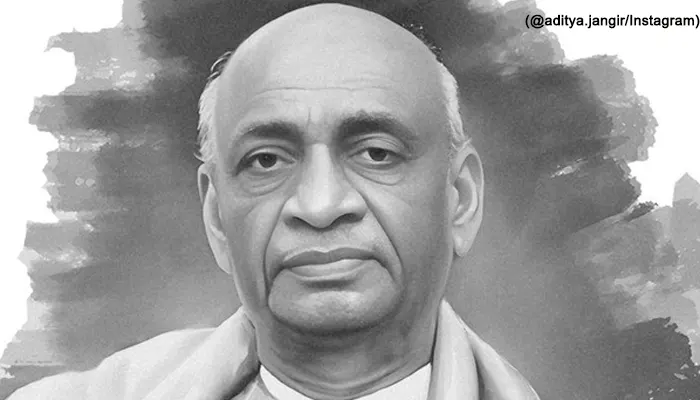
In a time when India’s togetherness feels stretched thin, remembering Sardar Vallabhbhai Patel means remembering the man who refused to let the country crumble before it began.
You could say that if India had a spine, it would’ve been forged in Gujarat in 1875 - on October 31st, to be exact. That’s when Vallabhbhai Jhaverbhai Patel was born in Nadiad, a modest town surrounded by whispers of reform and rebellion. Long before he became the “Iron Man of India,” he was just a boy with steady eyes and a will forged out of steel.

(@news18india)
It’s strange, isn’t it, how some men are made for chaos? While Gandhi spoke of peace and Nehru dreamt of progress, Patel handled the bricklaying - the tedious, thankless part of nation-building. After Independence in 1947, India was less a country and more a mosaic of confusion. Over 560 princely states, each with its own flag, army, and ego, were deciding if they even wanted to join this new “India”. It was Patel who rolled up his sleeves and got to work.
The Unlikely Architect of a Nation

(@livemintlounge/Instagram)
Here’s what most don’t realize: Patel didn’t unite India by charm alone. He used grit, diplomacy, and - when needed - a touch of well-placed intimidation. As Home Minister, he worked alongside civil servant V. P. Menon to draft the Instrument of Accession that brought these states under the Indian Union. Some rulers yielded fast. Others - like those of Hyderabad and Junagadh - needed firmer persuasion.
It wasn't the war Patel wanted. It was order. Chaos, to him, was a luxury India couldn’t afford. He once said, “My only desire is that India should be a united and strong country.” Simple words, but loaded with spine. By 1949, India stood whole, stitched together not by force, but by conviction.
Iron Among Men

Sardar Vallabhbhai Patel with Jawaharlal Nehru and Mahatma Gandhi
(@theprintindia)
Call him practical, even ruthless at times. Patel wasn’t draped in sentiment; he was anchored in reality. His contemporaries - Gandhi the saint, Nehru the idealist - had a certain poetry to their politics. Patel was prose, plain and powerful. The kind of man who’d tell you the truth straight, then pour you chai.

(@insights.ias/Instagram)
Even when his health was failing, he worked relentlessly - helping shape India’s administration, unifying its services into what we now know as the Indian Civil Services. His methods earned him both respect and fear, which frankly, he didn’t mind. He believed strength and stability trumped popularity.
The Symbol That Still Stands

(@news18india/Instagram)
Decades later, his legacy towers - literally. The 182-meter Statue of Unity in Gujarat’s Kevadia, dedicated in 2018, stands taller than any other monument in the world. Bronze and defiant, it mirrors Patel’s stance: eyes fixed forward, shawl draped, walking into the future. Critics may grumble about the cost, but one look at that statue - standing alone against the wind - and you get it. It isn’t just a statue. It’s a reminder.
When the light show dances across his face every evening, narrating the story of a man who held India’s cracked pieces together, you can almost imagine what that pressure felt like - all those states, all those doubts, all that expectation.
Why It Still Matters

(Credit: DBrush)
Now, seventy-five years later, India feels different. No princely states. No colonial shadow. Yet the fractures - political, social, ideological - still sting. People talk about division as if it were a modern problem, forgetting that division is precisely what Patel stared down - and beat.
Every October 31st, when Rashtriya Ekta Diwas or National Unity Day rolls around, his story resurfaces for a day before fading again. Maybe it shouldn’t. Maybe remembering Patel isn’t nostalgia - it’s a warning wrapped in respect.
Because unity isn’t inherited. It’s earned - again and again, by people willing to hold the centre when everything else threatens to spin apart. And Patel did that, with little fuss, less glory, and an iron will that outlasted the man himself.

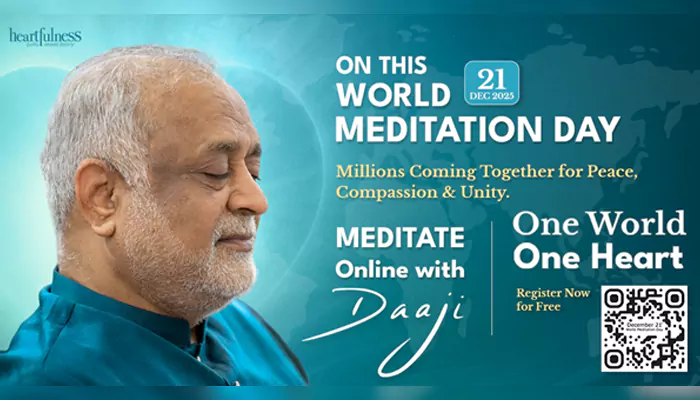
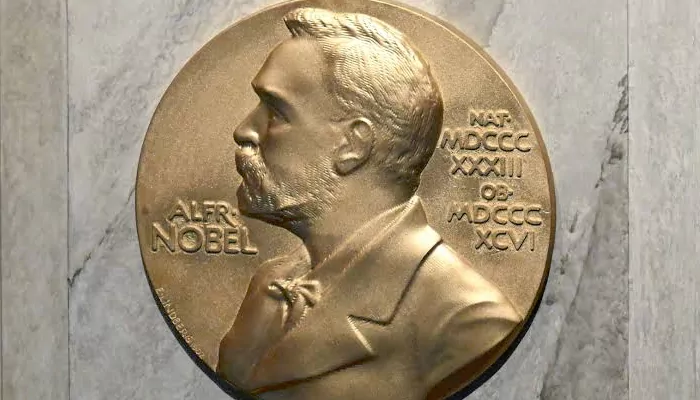
.webp)
.webp)
